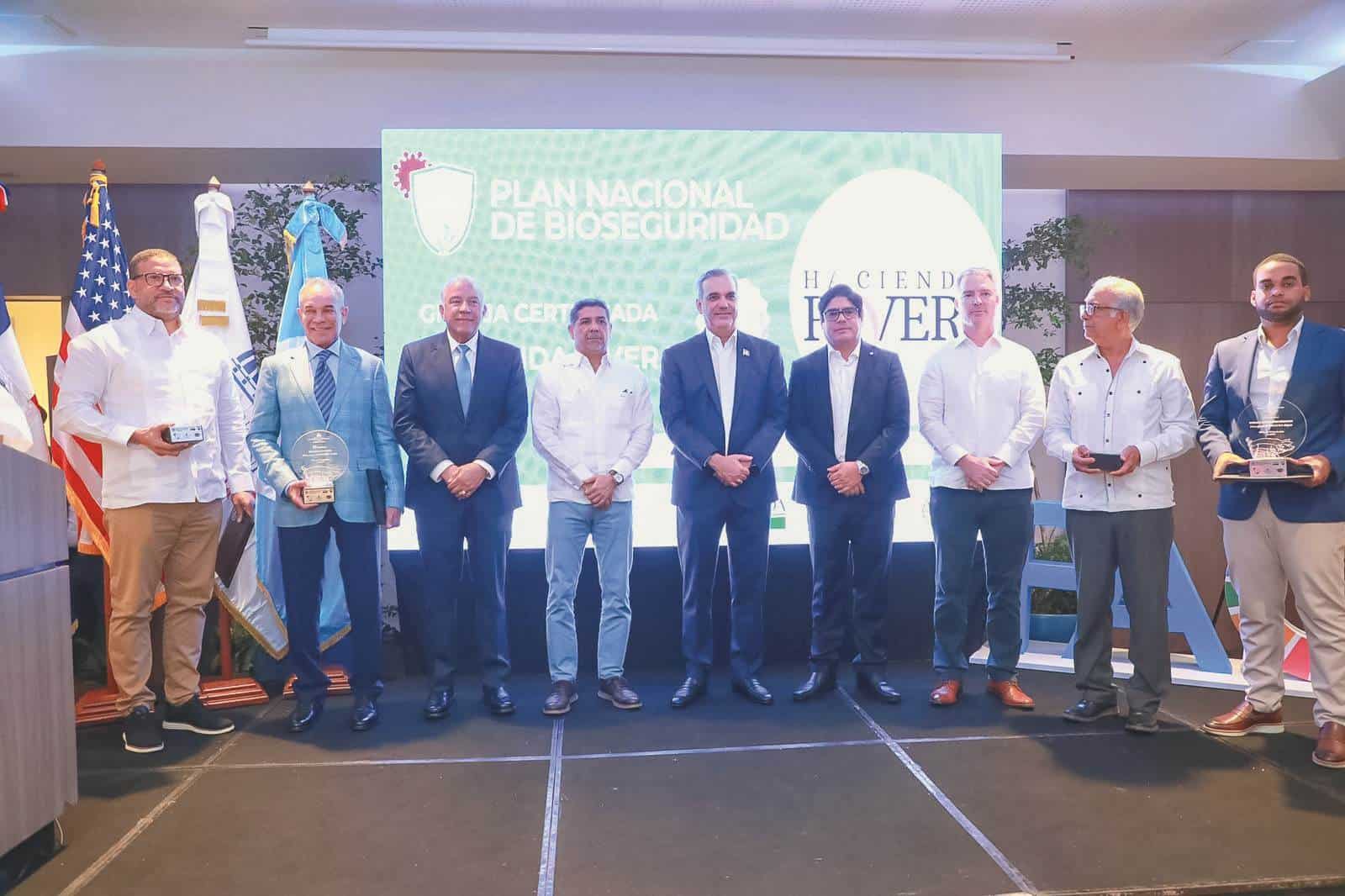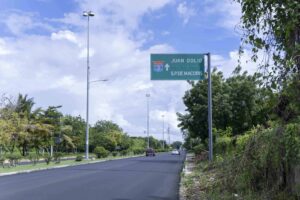
This Thursday, four farms became the first to obtain certification for meeting the requirements of the National Plan of Swine Biosecuritywhich has been implemented in the country since last year to improve the quality standards of the sector.
This effort is developed under an agreement of understanding between the Department of agriculturethe United Nations Organization for Food and Agriculture (FAO) and the United States Department of Agriculture (APHIS/USDA).
He National Plan of Swine Biosecurity It also focuses on reducing the risk of entry and spread of diseases that affect pig farming, including African swine fever (PPA).
The four farms that obtained this accreditation were: Hacienda Rivera from Bonao, Nugeporc from Cotuí, Caribbean Pigs from Santo Domingo and Mirito Group from Monte Plata.
This project establishes more than 75 biosafety criteria that address fundamental aspects such as the location of the properties, infrastructure, pest controlthe proper management of water and food, the implementation of cleaning, washing and disinfection manuals and the control of transportation.
According to official data, the pig sector represents 2.1% of the agricultural production nationally, producing about 65 thousand tons of pork in 2023.

Historical milestone
The certificate delivery ceremony was headed by the president of the republicLuis Abinader, who highlighted the importance of agricultural sectorand in particular pork, for the economy and food safety of the country.
The president announced that more than 500 farms, which represent 82% of national pork production, have already registered in the National Plan of Swine Biosecurityas a way to modernize the sector, making it “safer, more efficient and competitive.”
E| Minister of AgricultureLimber Cruz, expressed his satisfaction with the progress made: “The certification of these farms is a great achievement for the country. We are getting closer to a safer and more efficient production model, which benefits producers and the entire Dominican population. .
For his part, Rodrigo Castañeda, FAO Representative in the country highlighted the relevance of this achievement for strengthening the food safety in the Dominican Republic.
“Every farm that adopts modern biosecurity standards guarantees access to safe and affordable meat. There is no food safety without food safety. Therefore, a comprehensive biosafety approach ensures not only the health of the animals, but also the economic sustainability of the farms and competitiveness in national and international markets,” he emphasized.
Fernando Lugo, APHIS-USDA Representativestated that “it is satisfactory to see the progress of the project financed by the United States Department of Agriculture and how this model of biosafety implementation “It benefits not only the Dominican Republic but the entire region, establishing a milestone in the control of the disease and protecting the health of the farms in this country.”
Other achievements
The president also referred to other recent achievements in agricultural health, such as the recent declaration of the Dominican Republic as a country free of Mediterranean fly by international organizations such as FAO, USDA and OIRSA.
Abinader called for collaboration between producers, institutions and the government to continue strengthening the agricultural sector.



